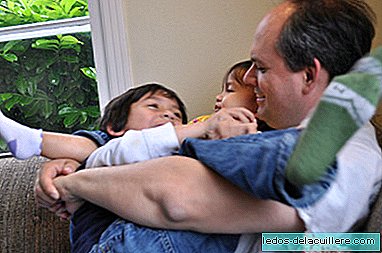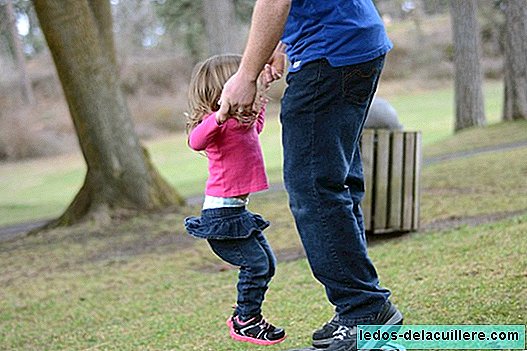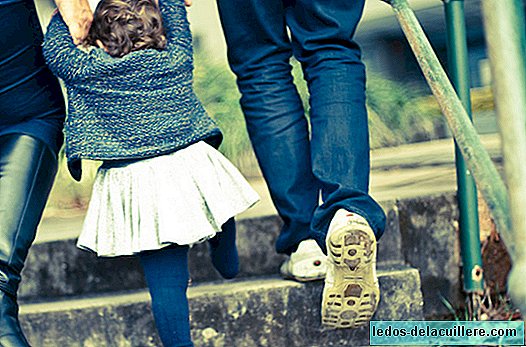
The more aware we are of our ability to educate children, the more it becomes necessary to help them develop skills that will be useful for them to maintain satisfactory social relationships.
Assertiveness is one of those skills and acquiring it is as healthy for ourselves as for others. Assertiveness? Yes, indeed, I speak of that capacity that many times we even lack as adults. Surely you already know how an assertive person behaves: He knows how to say 'no' or express his opinion towards situations, facts, behaviors; knows how to ask for favors and react to an attack (physical or verbal); be able to express feelings effectively.
Now it doesn't seem so easy, right ?: We are ashamed to say 'no', we get irritated and lose 'the papers' when we receive an attack, or hide our feelings.
In general, one could speak of aggressive, assertive or passive postures, including aggressive, assertive or passive people. If we stick to the definition that psychologist Olga Castanyer gives us of assertiveness, we may be convinced a little more that it is important to transfer to our children the importance of this attitude.
It is the ability to self-assert their own rights, without being manipulated and without manipulating others. Assertive people look for agreements in a positive way, aggressive people impose on others, passive ones… they let themselves be stepped on. I am sure which posture is the healthiest for me and my children
Basic tips
As far as I know, no parent has an instruction manual to educate their children, obviously we do not need it and if we had it it would not be appropriate to use it: people are not machines. Experience as adults and common sense are two good starting points in this exciting task of educating children.
Starting Premises
Parents are always educating, even when we do not talk to children, so it is important how we behave abroad. In summary: Let's set an example!If we are not assertive, we must first work this capacity on ourselves, then transfer it.
To give more security to children let's not judge their behavior, or ridicule them for not having the capabilities we would want for them. Deep down everyone would like to be assertive, why not help them discover and improve their mistakes? Translated: better than 'how awkward you have been! Do you not know how to say no? ', Let's use a' so you felt bad when you couldn't express your opinion, what do you think would help you next time to get it? '
Helping the children
The first thing to consider is to allow the expression of emotions, it is the best way for us to know how children feel in their relationship with their peers, and that they perceive themselves in a way that allows them to make changes.
Let the children relate without your help: they know how to ask, negotiate, deny, respect, give their opinion… and if not, let's keep in mind that you can also learn from mistakes, and that they also know that they count on us to help them develop the most positive capabilities.
The parents will take care of the part of the work that is done as a family, for them it is the contact with the world
Let's not manipulate children's ideas or perceptions: they are yours, we have no right to do so. Yes we can express our position before them, even our disagreement, that is, our opinion.
Anyone who does not know how to express his opinion and is dragged by others feels disappointed in himself. How to help our children to express their position before the group ?, we can show them 'ways to say no' or to elaborate sentences.
You have to defend yourself: it is much better 'I do not agree that you are always bothering Juan' than 'if you knew what my father thinks of the abusers ...'
- If 'your child is left' the role play is very useful for learning assertiveness: learn at home ways to look at others, to express ourselves with body language, to use different tones of voice, etc.. It helps that later we can use it with other people more effectively.
Being assertive means (among other things) love oneself very much, but respecting and valuing others, so assertiveness is closely related to empathy, of which we have already spoken. The latter is an increasingly necessary capacity in a society in which children learn many things, but among them is not thinking about others.
Maybe this issue needs a small extension ... we continue another day.












